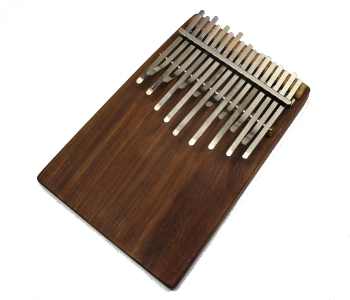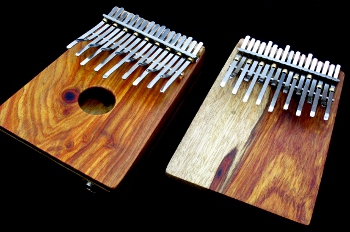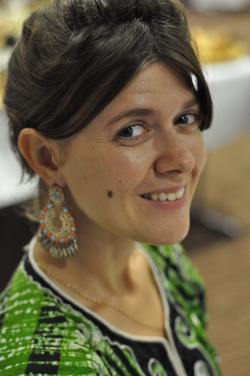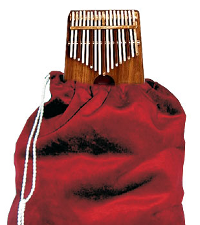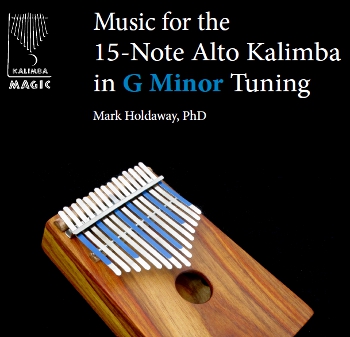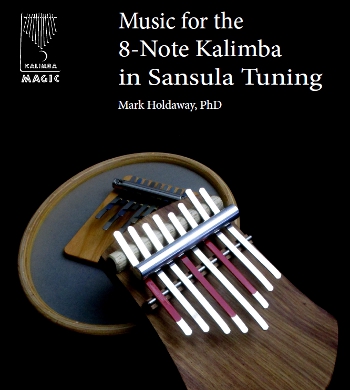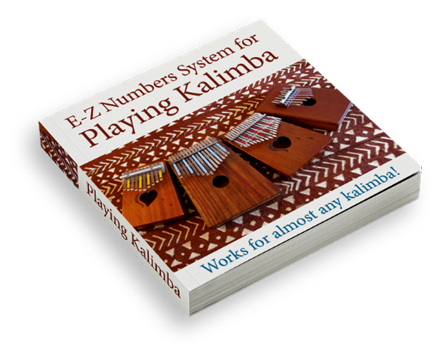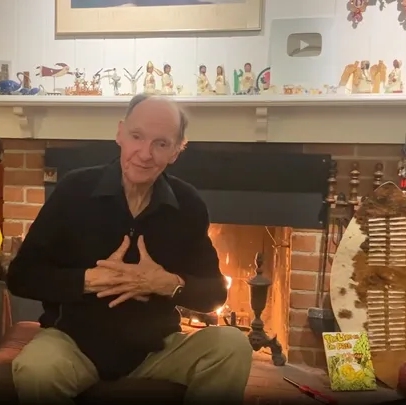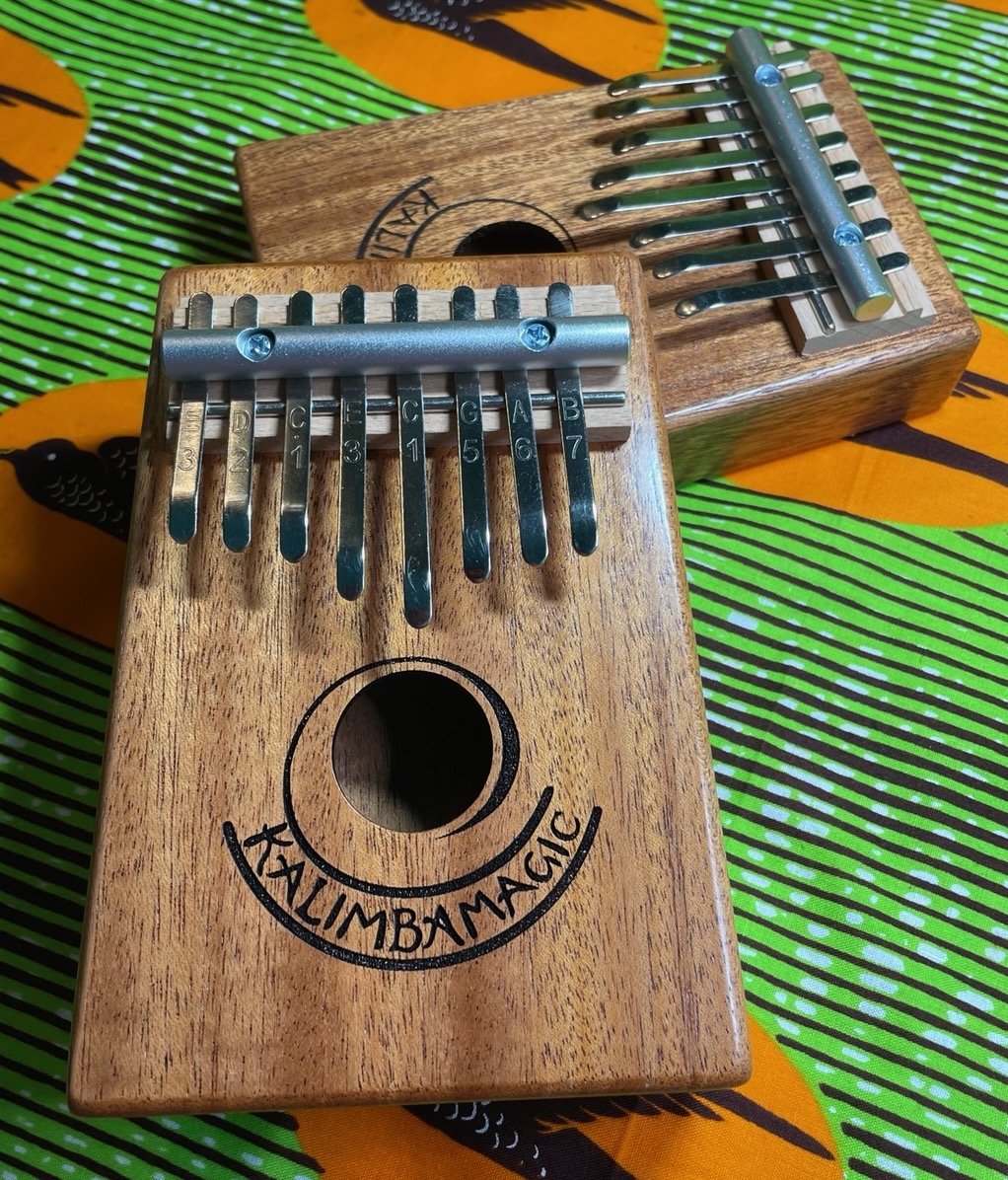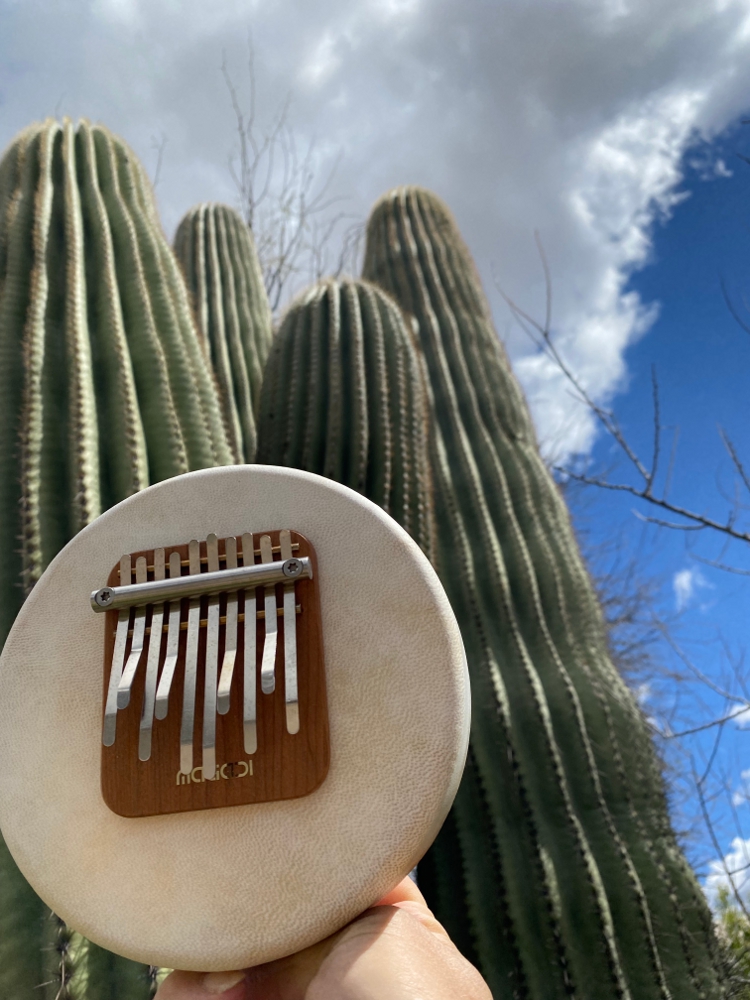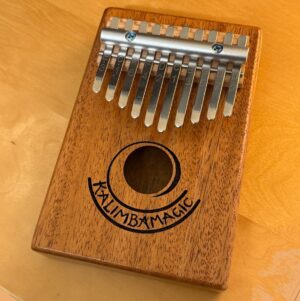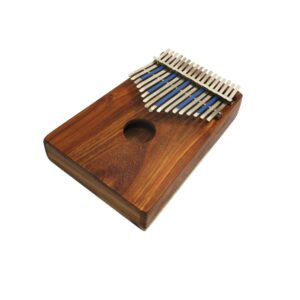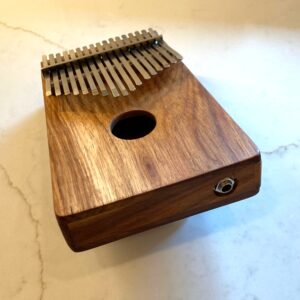
Cornelius Duncan – a kalimba player who has the touch
He was taught by Dumisani Maraire A Box Lotus and a Regular Lotus Karimba I met Cornelius Duncan in Longmont, Colorado, at the Jensen Guitar Company and Willow River Music Emporium. I was visiting my dad in Longmont, having just left a music therapy conference a few miles away, and I had a load of kalimbas leftover from that event. I got a call on the phone from Sam at Jensen Guitars. “Hey, I’m in downtown Longmont Colorado, and I’ve got a gentleman here, Cornelius Duncan, who would like to see a few of the Hugh Tracey kalimbas with pickups – could you send us some?” Sam thought I was at
